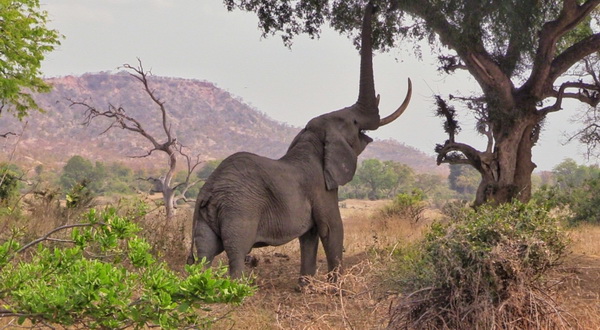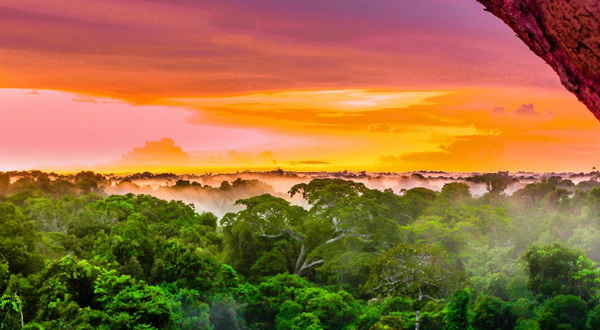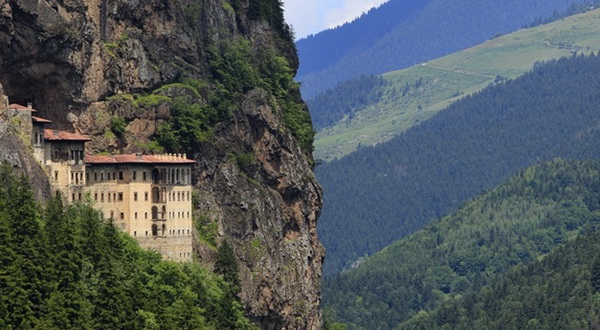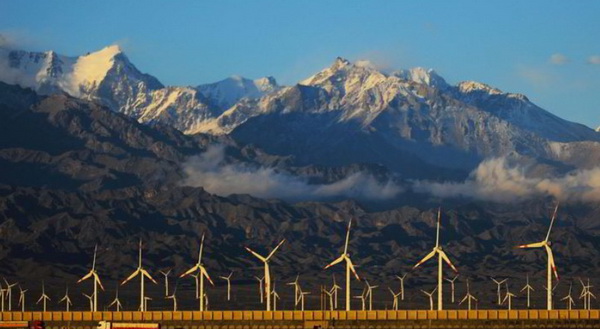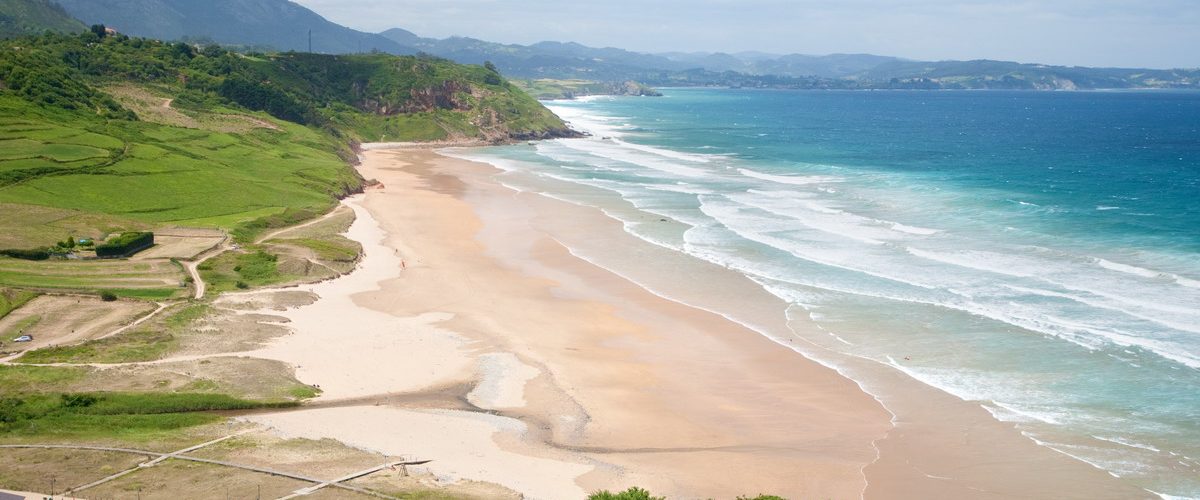
Sustainable travel has always been important to us at Casas Cantabricas and we plan our trips with the maximum respect to the environment and to the local communities in which we’ve worked for over 35 years.
We are constantly looking for ways to reduce our carbon footprint in our offices, through our supply chain and on our own trips in Spain and Portugal.
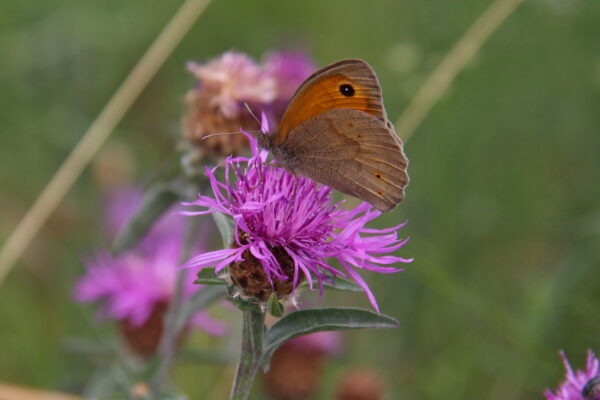
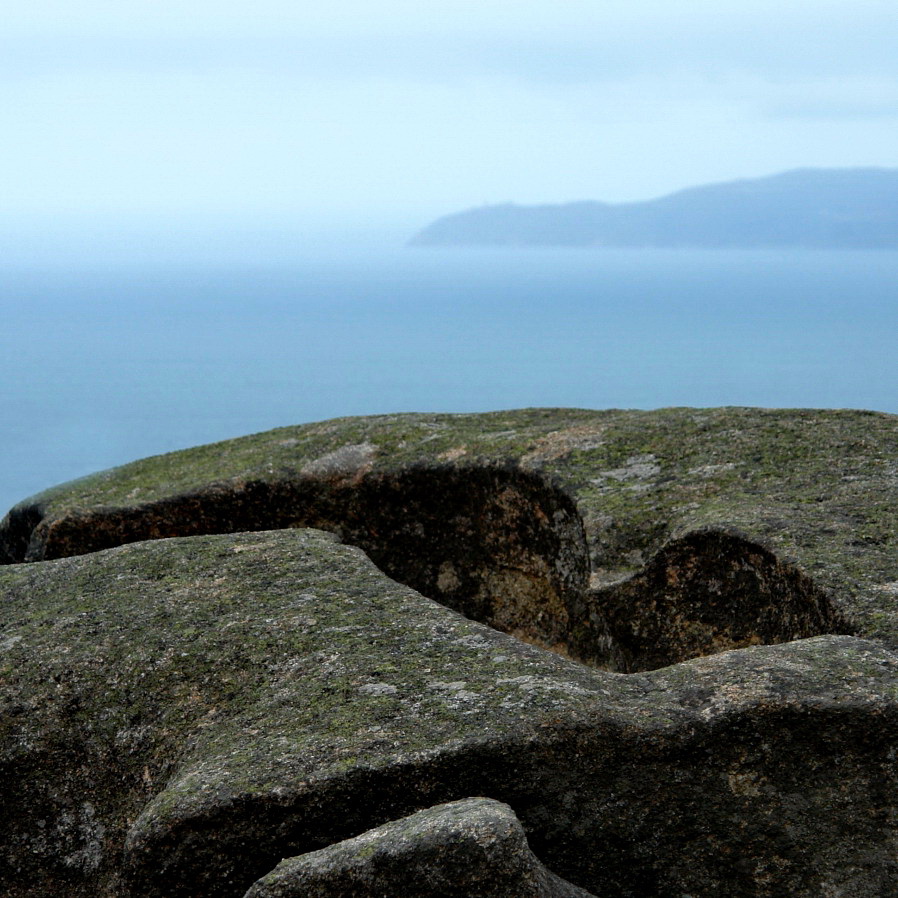
We do however recognise that there is a significant carbon footprint associated with travel, most notably emissions from air travel and, to a lesser extent, from ferry crossings, and we have decided to take the responsibility of offsetting that impact through projects that truly help combat climate change.
No experts ourselves, we have sought help and, via our association AITO, have partnered with Fenix Carbon to create a high quality, impactful, carbon offset portfolio. Both the supplier and the individual portfolio projects we support have been selected, vetted and approved by the AITO Sustainable Tourism Council to ensure that the highest standards of quality, transparency and ethical standards are met.

Premium carbon offsets, direct from developers
- Quality guaranteed – Rigorous quality controls to select superior projects. Accepting only recent vintage offsets from internationally recognised certifiers.
- Transparency, start to finish – A fully auditable supply chain – from purchase through to retirement or delivery.
- Fair & ethical – Empowering project owners to achieve the maximum impact for their planet-saving projects.
To find out more about Fenix Carbon or purchase your own voluntary offsets click here
What does it mean for you?
Our pledge is to make all our holidays carbon neutral as an integral element of our business model so there’s no box to tick or extra charge – we take care of everything (including items we don’t include such as flights) so that the impact of your holiday is fully mitigated. This includes your transport to destination, the kilometers you drive, the meals you eat and the accommodation you use whilst on holiday – in fact we deliberately overestimate so we can be confident that our impact is totally covered.
The projects
With your help we will contribute a special selection of premium carbon reduction projects, covering a range of geographies, types and UN sustainable development goals.


